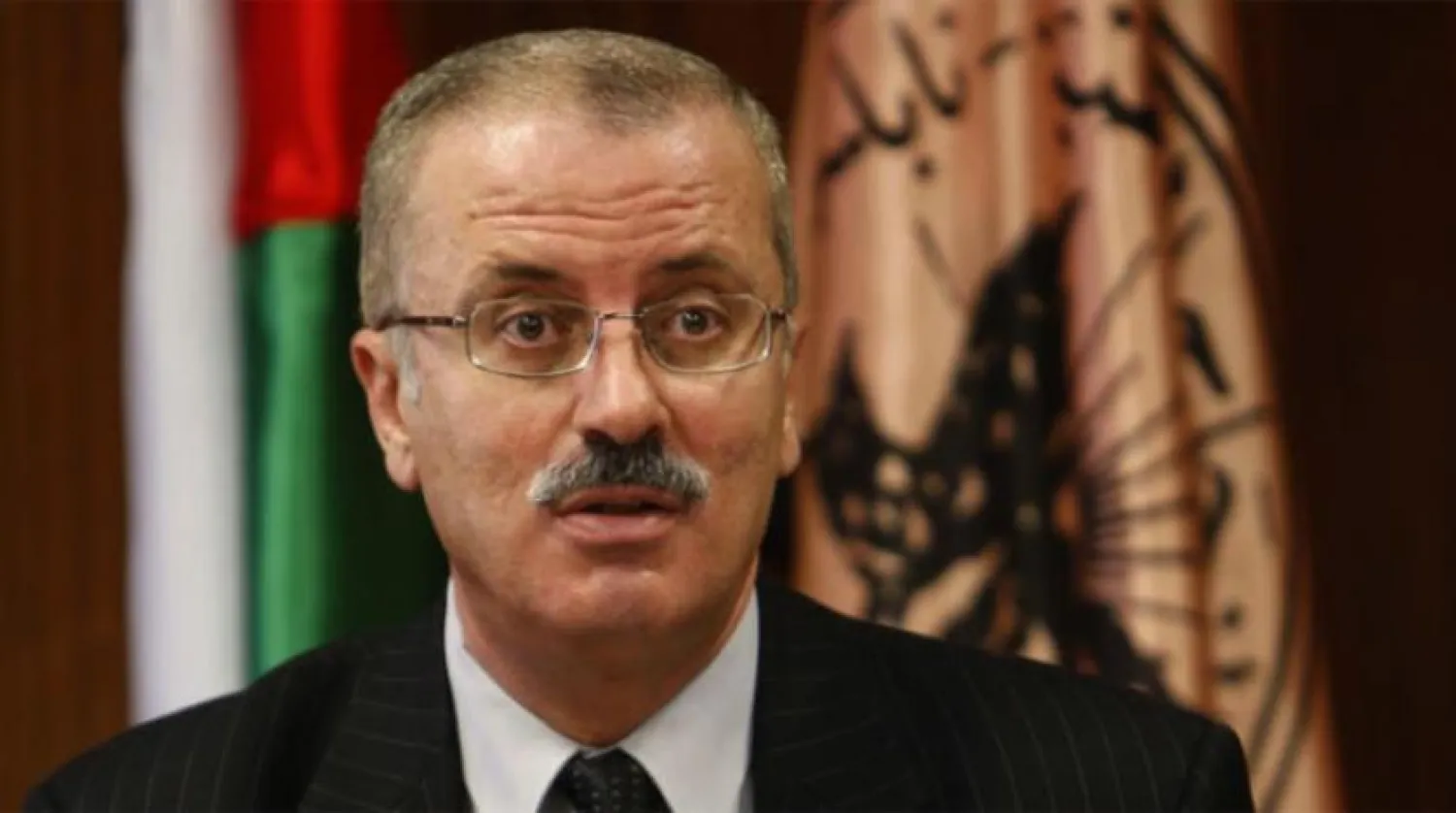The Palestinian Authority (PA) officially informed US President Donald Trump’s administration that it will stop taking any form of government aid from the United States at the end of the month.
This came in response to the “Anti-Terrorism Clarification Act”, known as ATCA, approved by US President Donald Trump in October 2018, which makes it possible for US citizens to sue foreign entities that receive US aid.
If the PA accepts any US aid whatsoever, it could be subject to lawsuits amounting to hundreds of millions of dollars by Americans harmed in operations carried out by Palestinians.
“The Palestinian government respectfully informs the US government that, as of January 31st, 2019, it fully disclaims and no longer wishes to accept any form of aid referenced in ATCA,” PA Prime Minister Rami Hamdallah wrote in the letter sent to US Secretary of State Mike Pompeo back on December 26, 2018.
“The Palestinian government unambiguously makes the choice not to accept such aid.”
The PA wants to avoid legal and financial prosecution, Palestinian sources told Asharq Al-Awsat, adding that the law targets the PA and comes in line with the war waged by the US administration against it.
According to sources, trials have began against Palestinian banks and will develop to reach the PA and the Palestinian Liberation Organization (PLO).
The law put Palestinians before two options, either to abandon US security aid or face bankruptcy in case they were tried.
The US administration has earlier cut aid to the Palestinians, including the complete cessation of UNRWA funding, the cessation of aid to Palestinian projects and hospitals in Jerusalem and civil organizations concerned with coexistence. However, it maintained assistance to the security services that is estimated at 60 million dollars.
Late 2018, Trump tried to put pressure on the US Congress to circumvent the law with regard to US aid to the Palestinian security services.
His administration commissioned a senior US military officer, who is responsible for security coordination with the Palestinian security forces, to brief members of Congress on the implications of stopping aid for PA security services.









